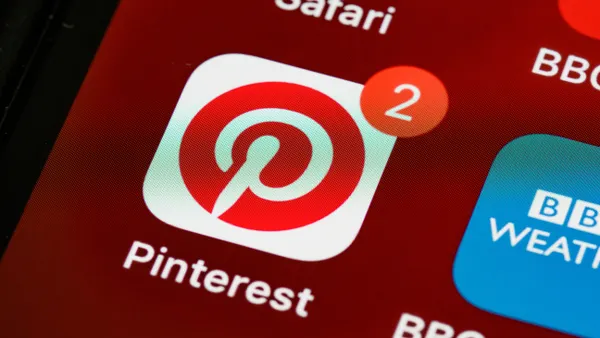Dive Brief:
-
Newly arrived J.C. Penney CEO Jill Soltau is building her team amid signs that the struggling retailer has little room to maneuver. The retailer announced Monday that EVP of Private Brands and Supply Chain Mike Robbins on Jan. 21 will shift to executive vice president, chief stores and supply chain officer, while Truett Horne, an associate principal at McKinsey & Company, will join as chief transformation officer, reporting to Soltau.
-
The list of positions to be filled is even longer, according to a company press release. The retailer is seeking a chief financial officer, chief merchant (a position axed in 2017 upon the departure of John Tighe), chief customer officer, senior vice president of planning and allocation and a principal accounting officer (in light of the March 31 exit of Andrew Drexler, senior vice president, chief accounting officer and controller), the company said.
-
Also on Monday, Fitch downgraded the retailer's credit rating from B to B- with a stable outlook. The agency cited Penney's "significant [earnings before interest, tax, depreciation and amortization] erosion in 2018" and signs of ongoing EBITDA constraints this year, according to a note emailed to Retail Dive.
Dive Insight:
Several analysts hailed former Joann chief Soltau's arrival in October, but the newness of her tenure is introducing a level of uncertainty that contributed to the retailer's downgrade Monday, Fitch said.
"As a result of recent operating weakness and new leadership, the company's near-term direction and strategy is unclear," Fitch said. "The prior management team [under Marvin Ellison] had made decisions over the past 24 months including getting into appliances and mattresses in order to take share away from some [of] its distressed peers. However, new management could decide on a different course for the company to stem sales and EBITDA declines."
The appliance move by Ellison, who now leads home improvement retailer Lowe's, was meant to grab market share from a declining Sears. While the credit rating agency noted that while Sears stores' liquidation sales could imperil Penney sales in the near-term, it also said that the collapse of Sears could ultimately lend share. But GlobalData Retail Managing Director Neil Saunders noted in a LinkedIn post that he doesn't buy that. "If it were going to happen, JCP would already have seen some benefit from the shrinking of Sears. It hasn't. JCP can only survive by fixing its own issues," he said.
Those issues include "densely packed" stores "with a less than inspiring shopping experience" and poor apparel merchandising. "Extensive discounting did little to remedy these weaknesses or stimulate revenue growth," he said in a note emailed to Retail Dive.
The retailer last week reported that its comparable store sales for the nine-week period holiday period fell 3.5% on a shifted basis (adjusted for the timing of the sales) or 5.4% on an unshifted basis and said it would close three stores this spring "as part of an ongoing evaluation of its store portfolio occurring over the next few months."
But, unlike Sears or Macy's, Penney's footprint, which has been scaled down over the last couple of years, won't yield much because it doesn't hold the real estate the others do, according to retail analyst Nick Egelanian, president of retail development consultants SiteWorks. "And it has debt due in 2023," he told Retail Dive in an interview. "The fate of Penney will be all about how much money they do have. I know that a lot of people think it's savable — it's not savable."















